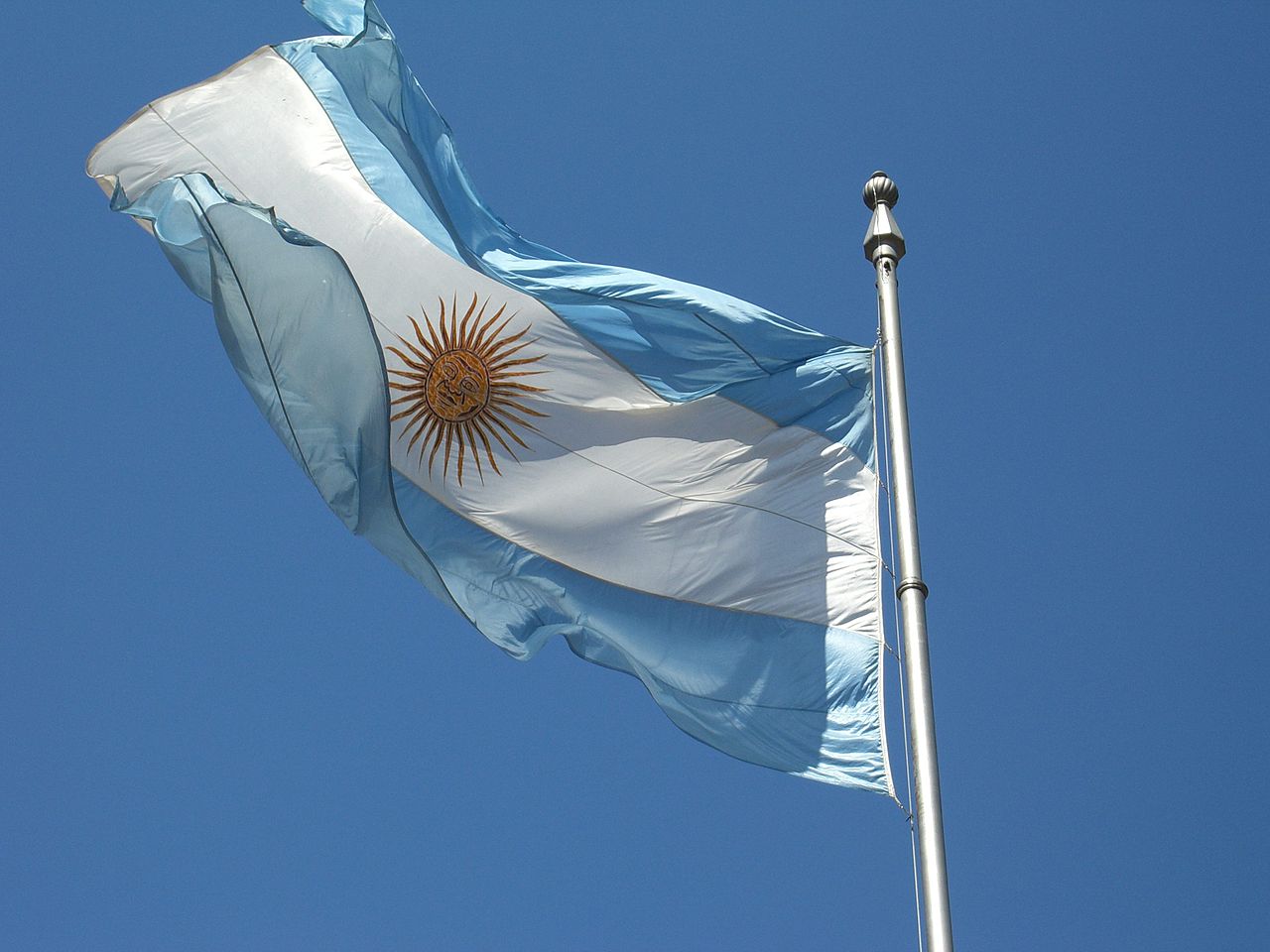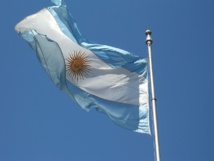The presidency was claimed by six candidates whose names were determined after kind of Argentinian "primaries" - compulsory primary vote held on August 9. The favorite of the race is the governor of Buenos Aires province, the Ruling Party candidate Daniel Scioli. His main motto - " Go on with changes." The 58-year-old politician promises pursuing policy with continuity, including the issue of international relations.
Because of double taxation and restrictions on foreign exchange transactions, investors are really careful with Argentina. Many major fashion houses and jewelry companies left Buenos Aires. According to the UN Economic Commission for Latin America and the Caribbean, in 2014, foreign investment in Argentina fell by 41% to $ 6.6 billion - the lowest figure since 2009. Daniel Scioli expects to increase the volume of foreign capital by $ 30 billion.
Unlike Mr. Scioli, his main rival in the elections, the leader of the opposition party Mauricio Macri, opposes excessive inclination towards China and Russia. In local media, he has repeatedly stated his intention to return the close ties with Europe and the United States. Mr. Macri, for whom haves Argentinians stick up, advocates reducing government spending and tax cuts for big business. He is the only candidate proposed to fully settle with US hedge funds, and return them $ 1.3 billion. This would mean default for Argentina.
The youngest presidential candidate in Argentina is Sergio Massa, 43-year-old mayor of the city of Tigre. Several opposition media calls him "the best hope for freedom from "Kirchnerism". In 2008-2009, he headed Cristina Fernandez’s cabinet, but, because of disagreements with the president, went into opposition and formed his own party.
Against the background of the other candidates, Sergio Massa’s positions are noticeably weaker. According to the Argentine publication Pagina 12’s poll, promulgated last Sunday, Daniel Scioli is supported by 41% of the electorate, Mauricio Macri - 28%, and Sergio Massa - 22%. According to the Argentine constitution, a candidate must gain 45% of the vote to win the first round, or 40% of the votes with mandatory separation from the nearest rival at 10%.
- No matter who wins the election, the new president will have to take into account the opinion of Cristina Fernandez in making major policy decisions - said the former prime minister of Argentina Alberto Fernandes, longtime associate of Kirchner family. - Cristina will retain control over the Central Bank, Federal Agency of the State Revenue Agency, and exploration." Other experts are giving more cautious forecasts, but also suggesting that Cristina Fernandez will somehow remain in politics. Her son Maximo Kirchner is running for parliament from the southern province of Santa Cruz. And the governor of the same province’s post is claimed by Alicia Kirchner – a sister-in-law of the acting head of state.
However, in any case, the political prospects of Cristina Kirchner will depend on the outcome of the presidential race. Daniel Scioli’s victory guarantees her immunity from prosecution, initiated by the opposition (in particular, on charges of involvement in the mysterious death of the prosecutor Alberto Nisman). If Argentina choose Mauricio Macri, justice is unlikely to leave Mrs. Fernandez and members of her government alone.
source: reuters.com; economist.com
Because of double taxation and restrictions on foreign exchange transactions, investors are really careful with Argentina. Many major fashion houses and jewelry companies left Buenos Aires. According to the UN Economic Commission for Latin America and the Caribbean, in 2014, foreign investment in Argentina fell by 41% to $ 6.6 billion - the lowest figure since 2009. Daniel Scioli expects to increase the volume of foreign capital by $ 30 billion.
Unlike Mr. Scioli, his main rival in the elections, the leader of the opposition party Mauricio Macri, opposes excessive inclination towards China and Russia. In local media, he has repeatedly stated his intention to return the close ties with Europe and the United States. Mr. Macri, for whom haves Argentinians stick up, advocates reducing government spending and tax cuts for big business. He is the only candidate proposed to fully settle with US hedge funds, and return them $ 1.3 billion. This would mean default for Argentina.
The youngest presidential candidate in Argentina is Sergio Massa, 43-year-old mayor of the city of Tigre. Several opposition media calls him "the best hope for freedom from "Kirchnerism". In 2008-2009, he headed Cristina Fernandez’s cabinet, but, because of disagreements with the president, went into opposition and formed his own party.
Against the background of the other candidates, Sergio Massa’s positions are noticeably weaker. According to the Argentine publication Pagina 12’s poll, promulgated last Sunday, Daniel Scioli is supported by 41% of the electorate, Mauricio Macri - 28%, and Sergio Massa - 22%. According to the Argentine constitution, a candidate must gain 45% of the vote to win the first round, or 40% of the votes with mandatory separation from the nearest rival at 10%.
- No matter who wins the election, the new president will have to take into account the opinion of Cristina Fernandez in making major policy decisions - said the former prime minister of Argentina Alberto Fernandes, longtime associate of Kirchner family. - Cristina will retain control over the Central Bank, Federal Agency of the State Revenue Agency, and exploration." Other experts are giving more cautious forecasts, but also suggesting that Cristina Fernandez will somehow remain in politics. Her son Maximo Kirchner is running for parliament from the southern province of Santa Cruz. And the governor of the same province’s post is claimed by Alicia Kirchner – a sister-in-law of the acting head of state.
However, in any case, the political prospects of Cristina Kirchner will depend on the outcome of the presidential race. Daniel Scioli’s victory guarantees her immunity from prosecution, initiated by the opposition (in particular, on charges of involvement in the mysterious death of the prosecutor Alberto Nisman). If Argentina choose Mauricio Macri, justice is unlikely to leave Mrs. Fernandez and members of her government alone.
source: reuters.com; economist.com



















